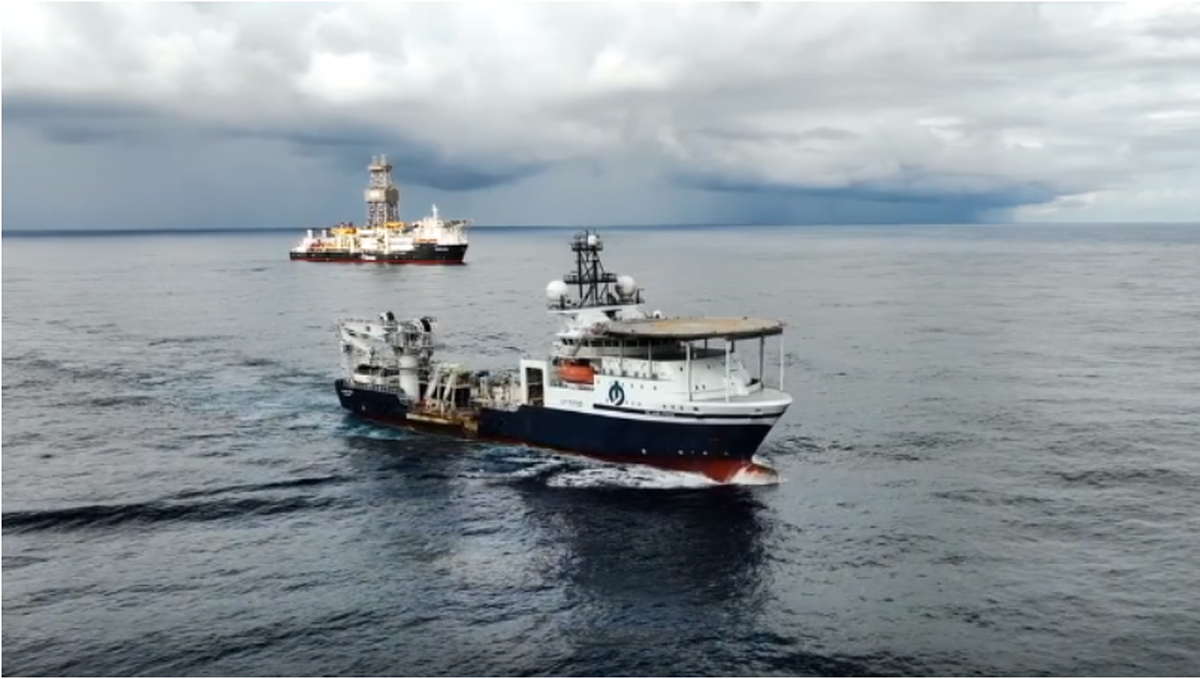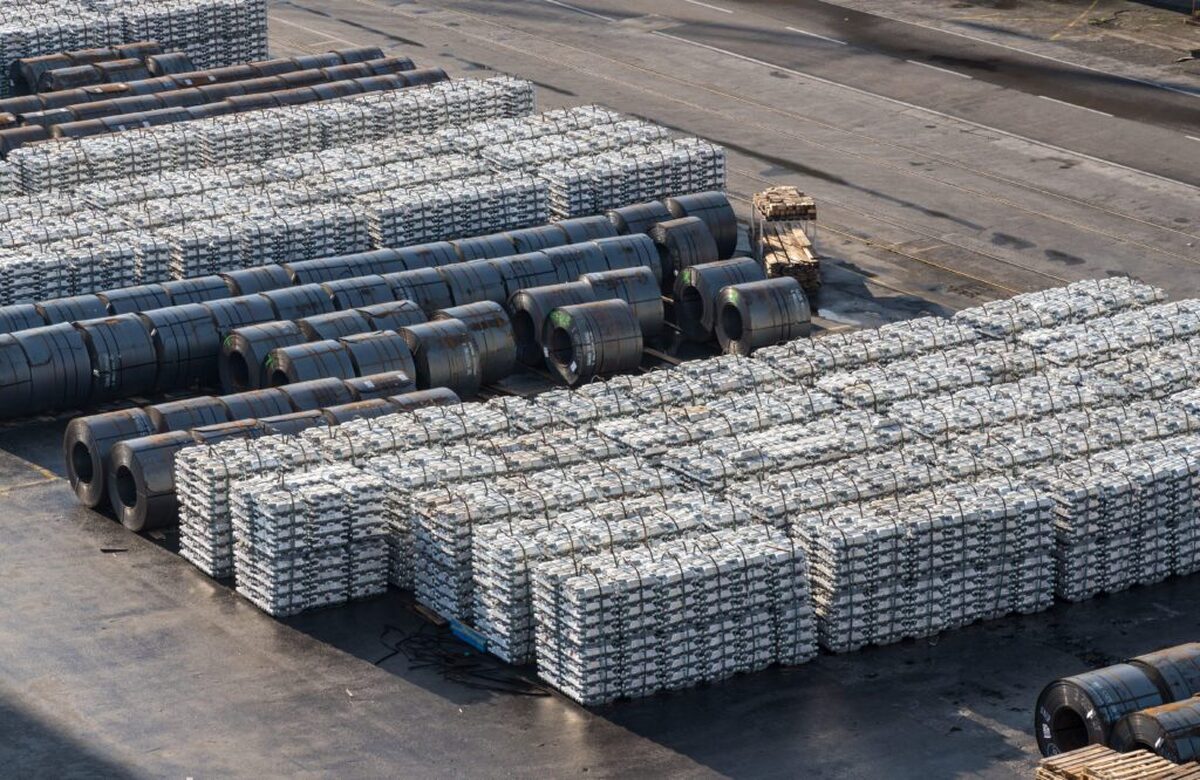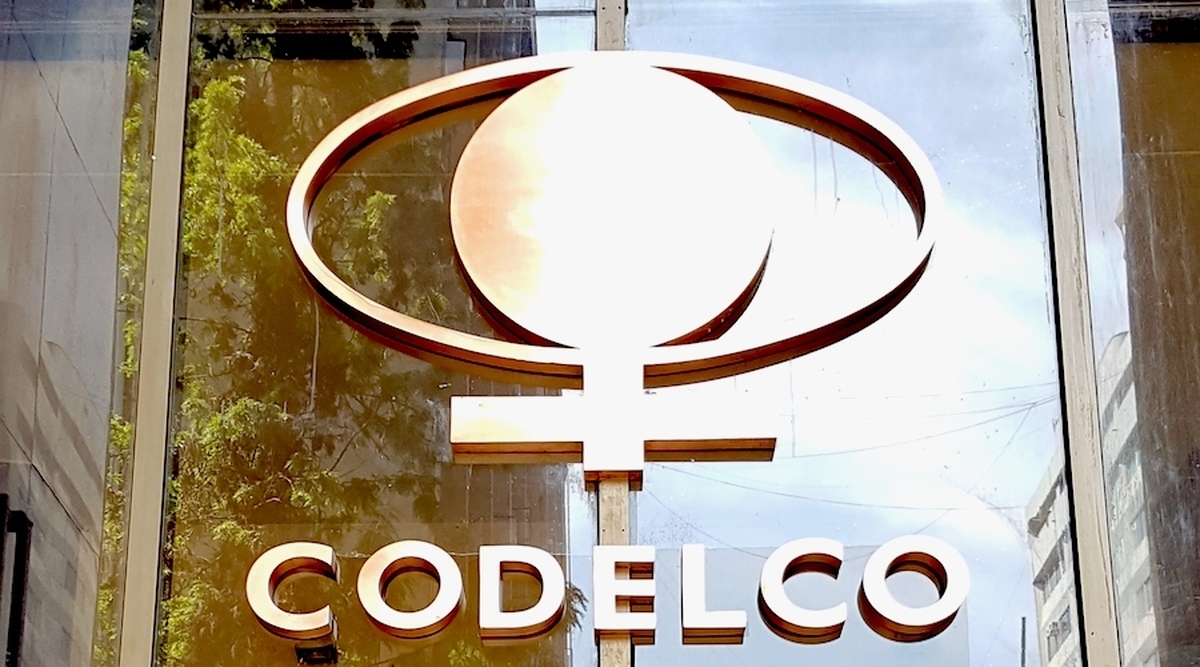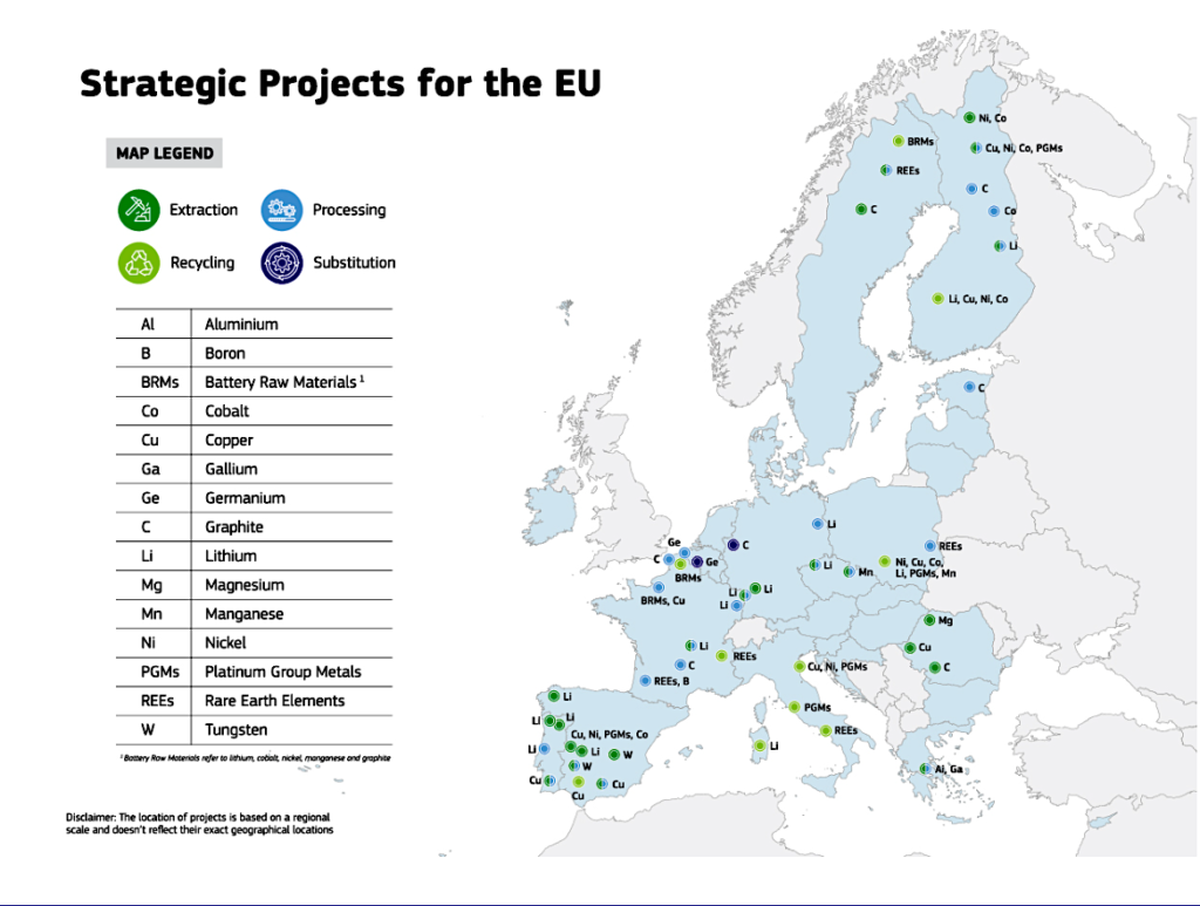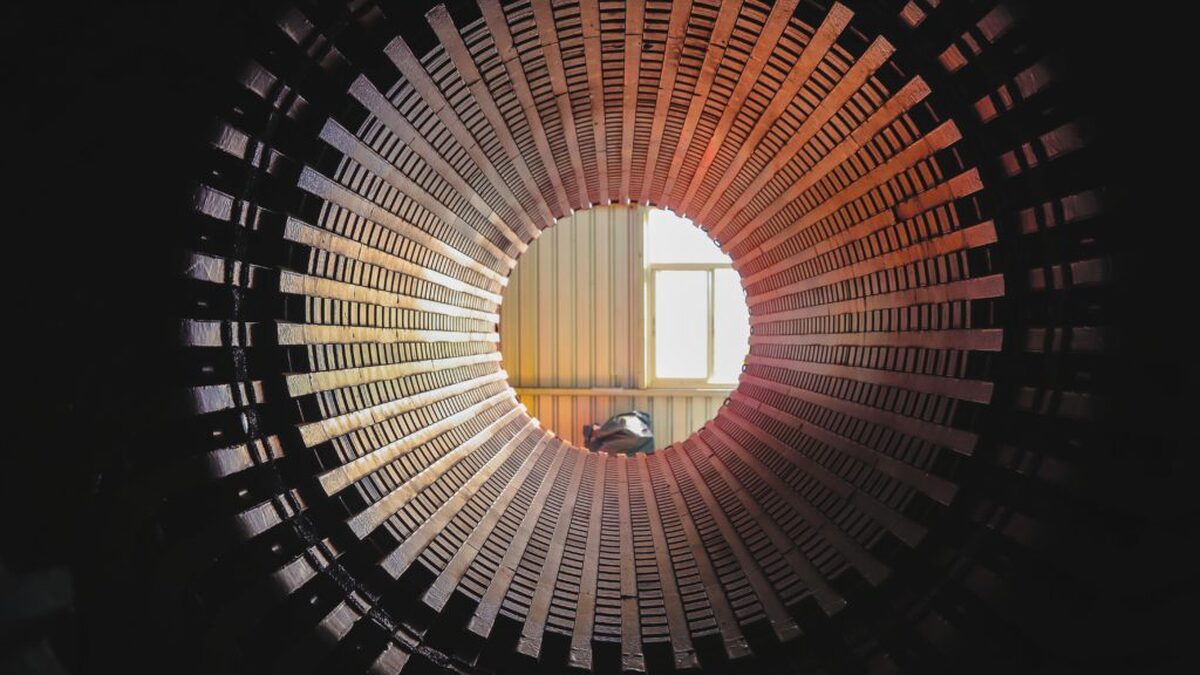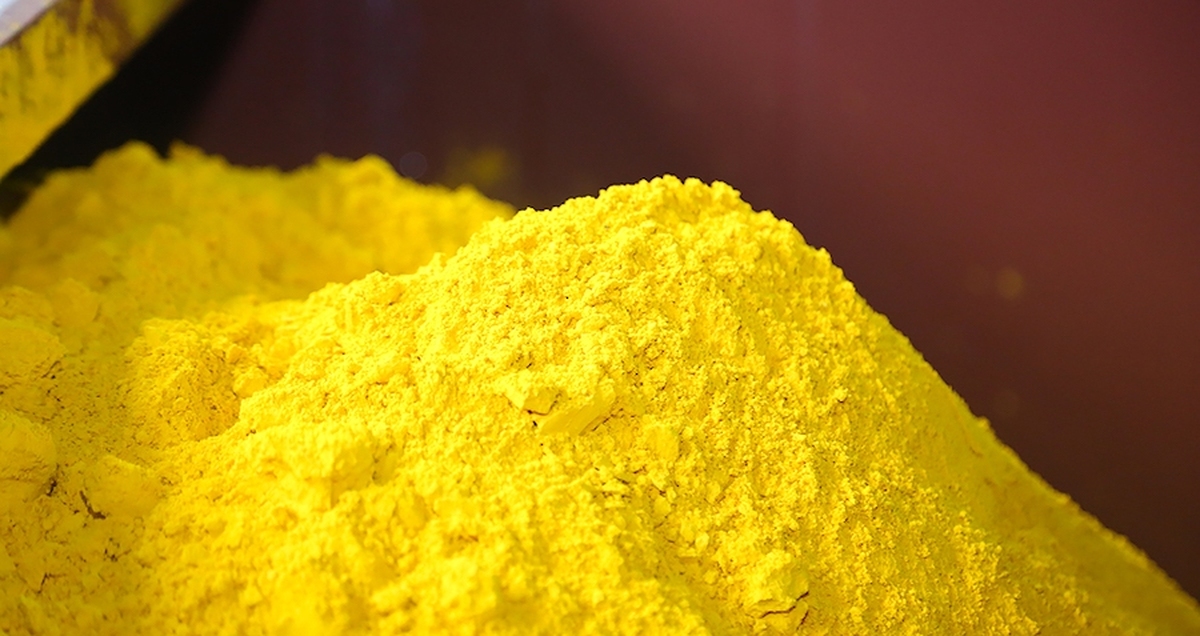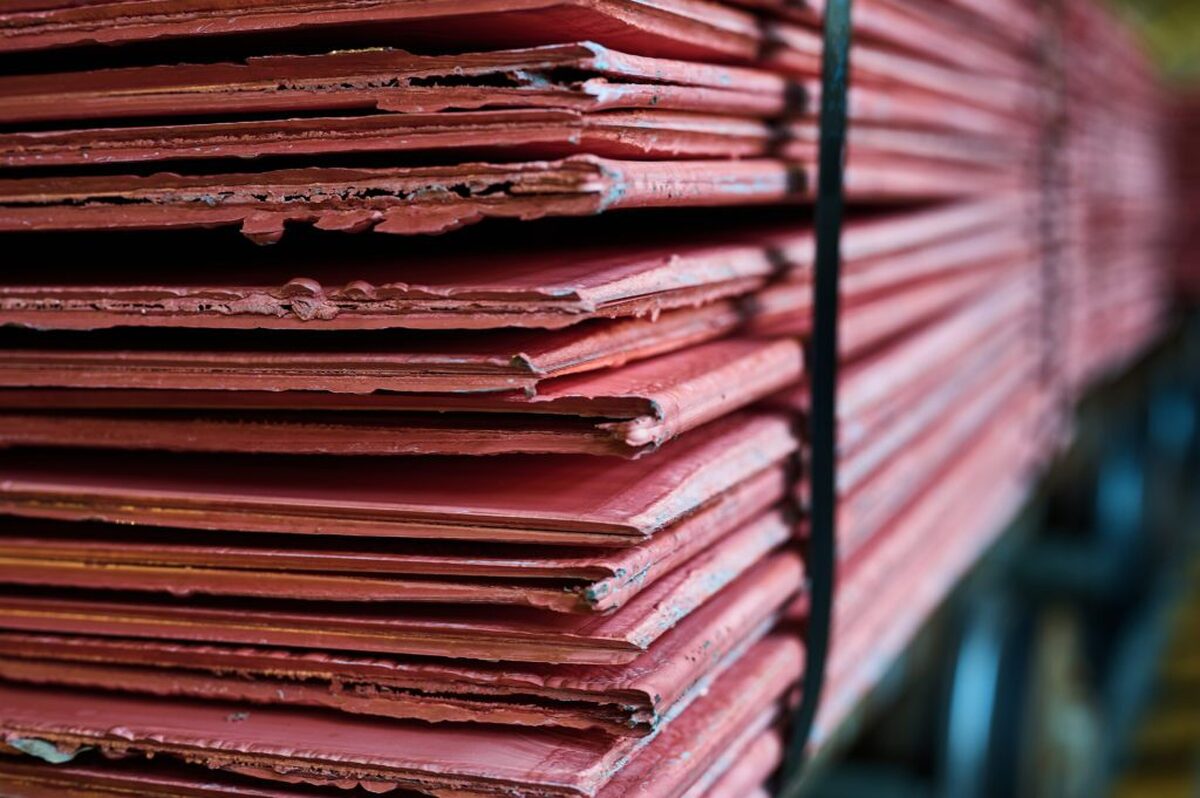
Trump push for US fertilizer won’t be enough to replace imports
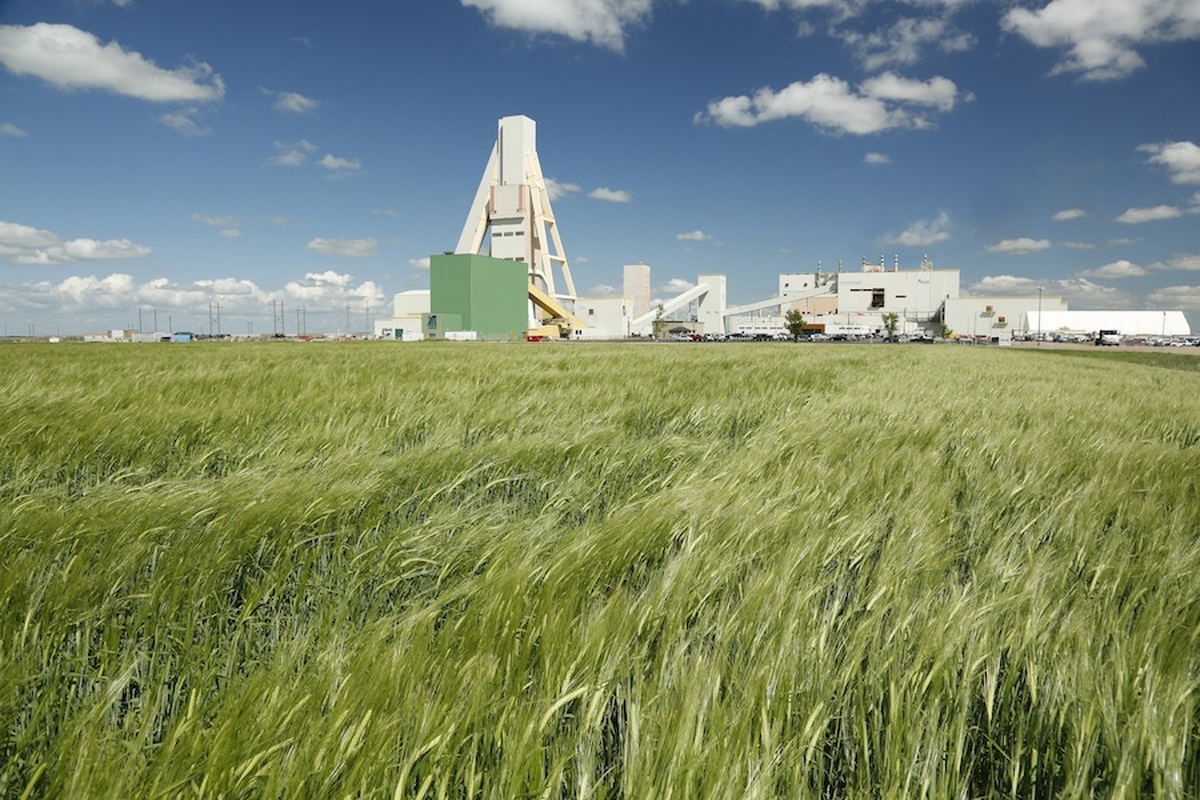
According to me-metals cited from mining.com, The US gets roughly 90% of its potash — used in the production of corn and soybeans, the nation’s two biggest crops — from other countries. Most of that comes from neighboring Canada, the top producer. US potash production accounts for less than 1% of the country’s total demand, according to Corey Rosenbusch, chief executive officer of the Fertilizer Institute.
“Increased production helps, but we still would be very reliant on Canadian potash,” Rosenbusch said in an interview Friday.
Farmers and fertilizer companies are bracing for possible new US tariffs this week, just as planting season gets under way. The potential for 10% to 25% duties on potash and other Canadian fertilizers coming into the US poses the risk of higher costs for growers that in turn are passed along to consumers.
Rosenbusch said he’s hopeful that Canadian fertilizer might be spared new levies. The Fertilizer Institute, the US lobby for the industry, has been pushing for the federal government to add potash to its permanent list of critical minerals, which are considered essential to US national security and the economy.
While noting there are no guarantees, “we would feel a lot better about our ability to make the case for specific exemptions if it were on the list,” Rosenbusch said.
Michigan Potash & Salt Co. is among companies seeking to ramp up domestic output of potash. The closely held firm has identified a huge potash deposit in Michigan with an estimated value of “up to $65 billion” that can be accessed, according to founder and CEO Theodore Pagano.
The company aims to produce about 10% of the US’s potash needs by 2028, and could ultimately reach as much as 40% with the one reserve, said chief operating officer Aric Glasser.
source: mining.com


Newmont nets $100M payment related Akyem mine sale

First Quantum scores $1B streaming deal with Royal Gold

Caterpillar sees US tariff hit of up to $1.5 billion this year
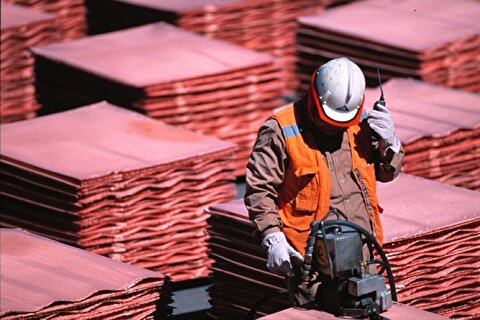
Copper price collapses by 20% as US excludes refined metal from tariffs

Gold price rebounds nearly 2% on US payrolls data

St Augustine PFS confirms ‘world-class’ potential of Kingking project with $4.2B value
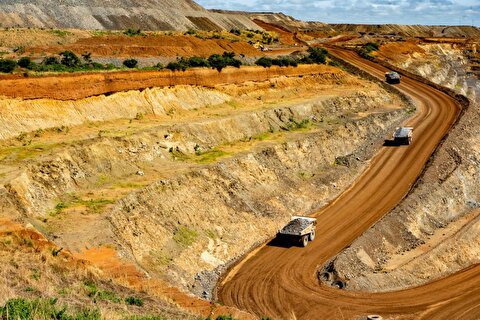
B2Gold gets Mali nod to start underground mining at Fekola
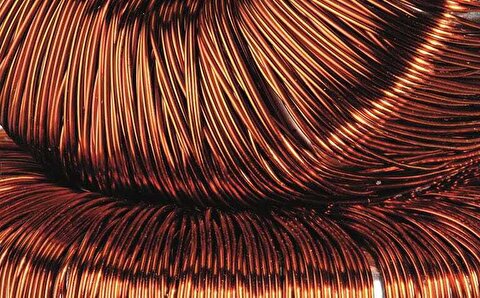
Copper price posts second weekly drop after Trump’s tariff surprise

Goldman told clients to go long copper a day before price plunge

NextSource soars on Mitsubishi Chemical offtake deal

Copper price slips as unwinding of tariff trade boosts LME stockpiles

SAIL Bhilai Steel relies on Danieli proprietary technology to expand plate mill portfolio to higher steel grades

Alba Discloses its Financial Results for the Second Quarter and H1 of 2025

Australia weighs price floor for critical minerals, boosting rare earth miners

Australia pledges $87M to rescue Trafigura’s Nyrstar smelters in critical minerals push

Fresnillo lifts gold forecast on strong first-half surge

Why did copper escape US tariffs when aluminum did not?
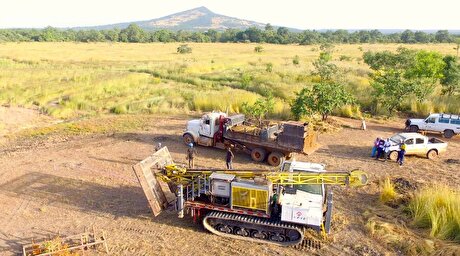
Fortuna rises on improved resource estimate for Senegal gold project

Caterpillar sees US tariff hit of up to $1.5 billion this year

NextSource soars on Mitsubishi Chemical offtake deal

Copper price slips as unwinding of tariff trade boosts LME stockpiles

SAIL Bhilai Steel relies on Danieli proprietary technology to expand plate mill portfolio to higher steel grades

Alba Discloses its Financial Results for the Second Quarter and H1 of 2025

Australia weighs price floor for critical minerals, boosting rare earth miners

Australia pledges $87M to rescue Trafigura’s Nyrstar smelters in critical minerals push

Fresnillo lifts gold forecast on strong first-half surge

Why did copper escape US tariffs when aluminum did not?

Fortuna rises on improved resource estimate for Senegal gold project





